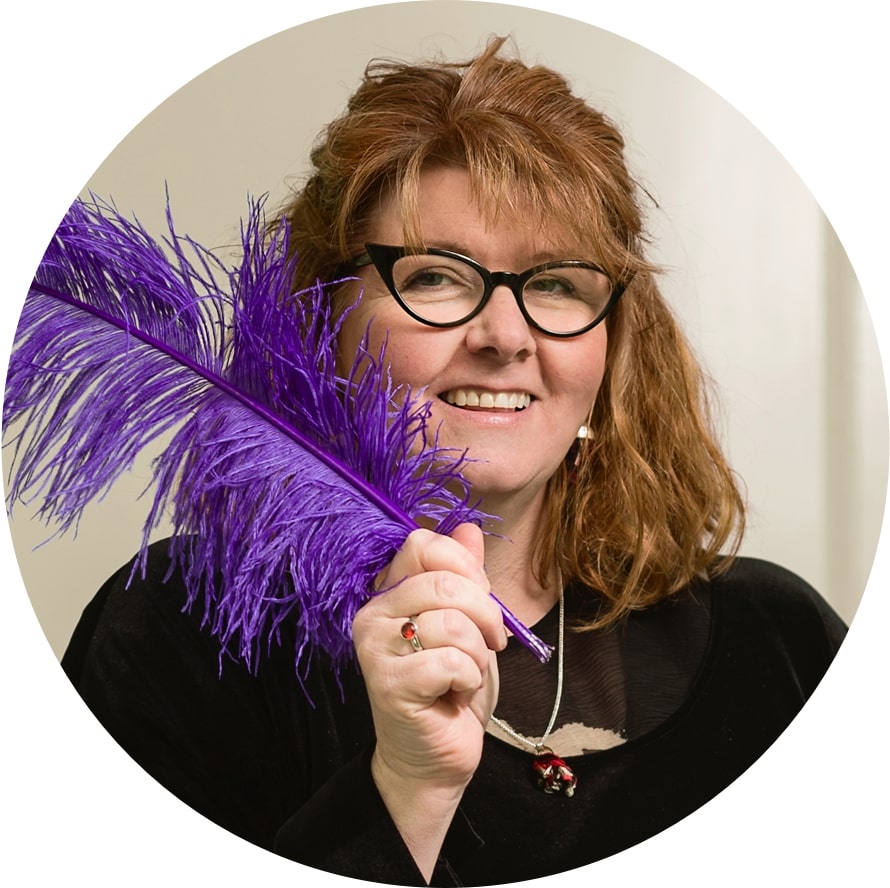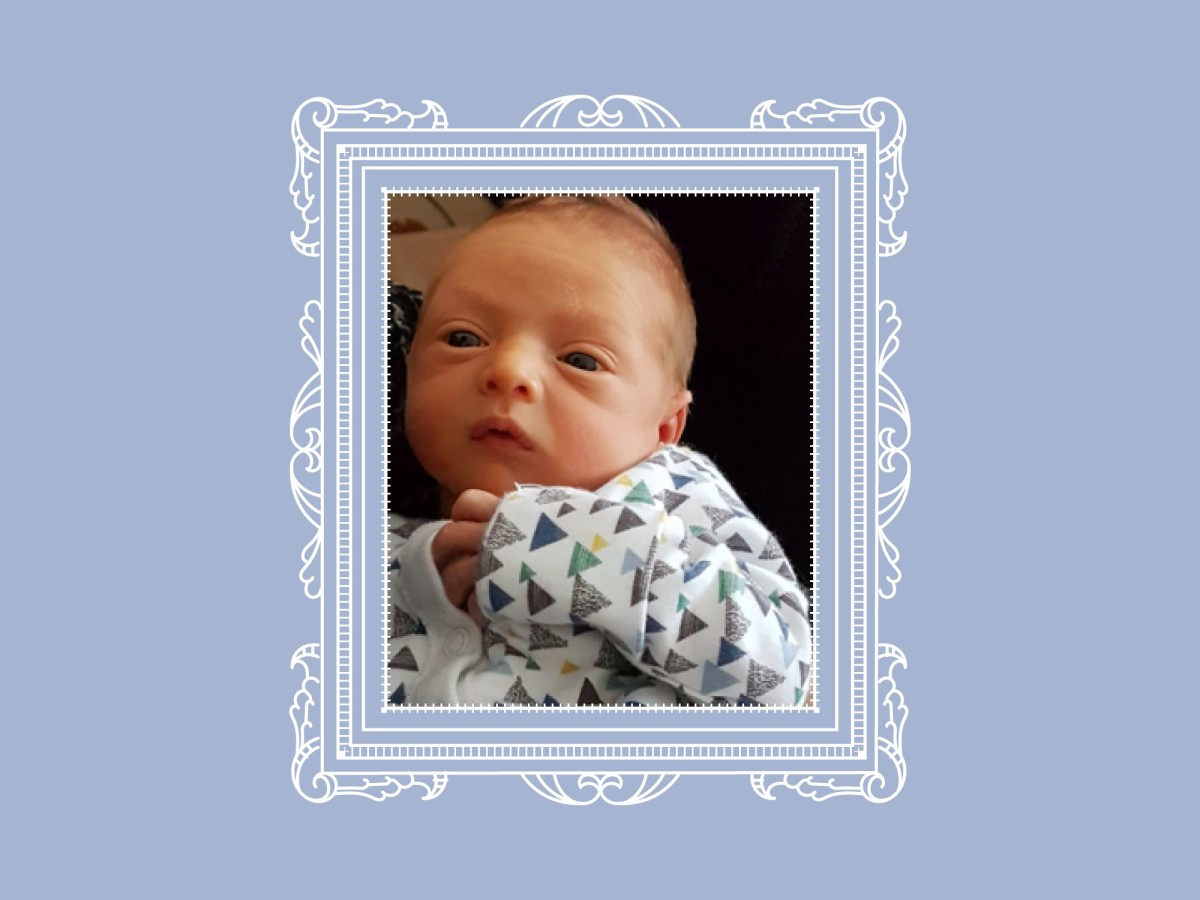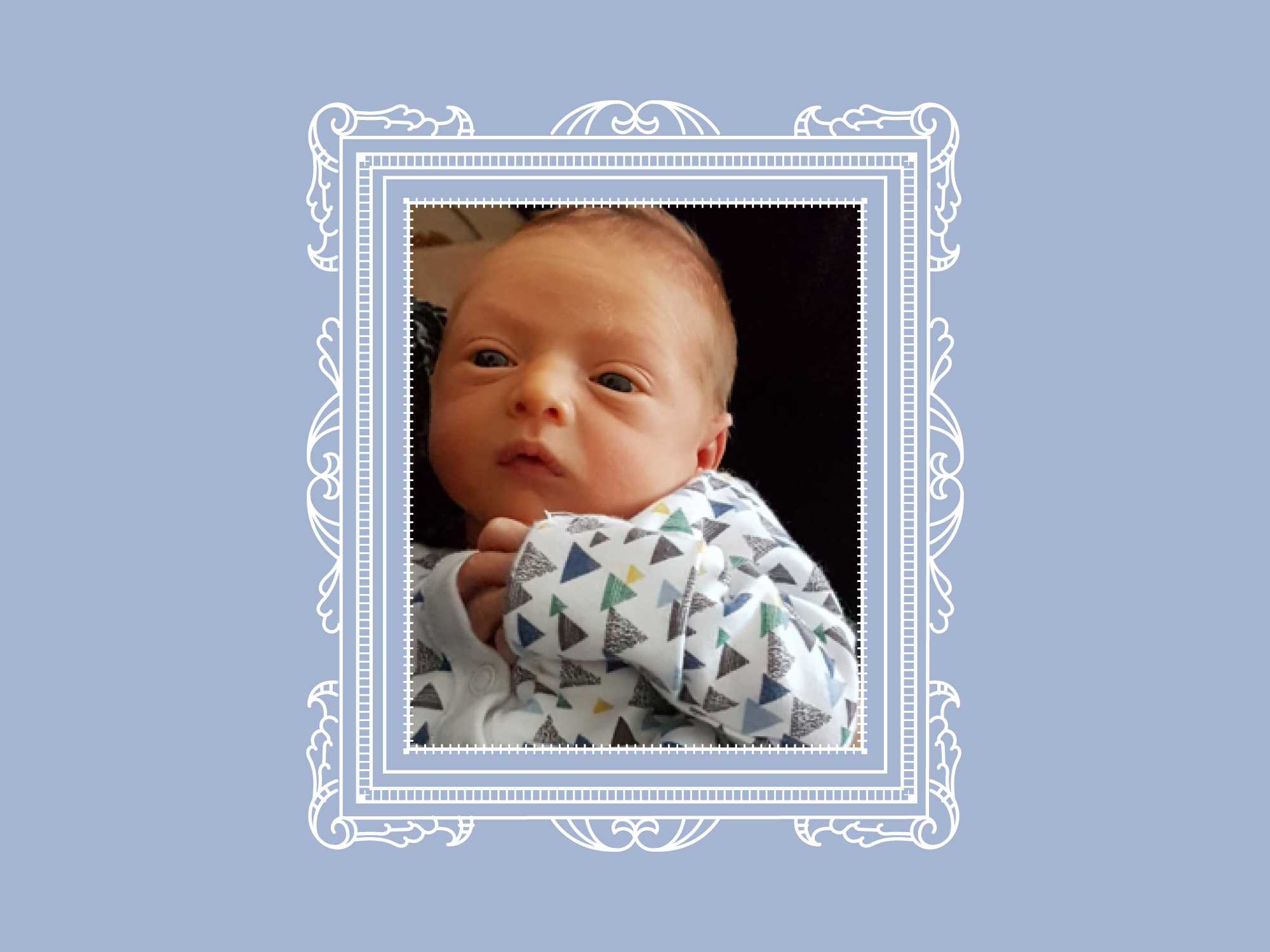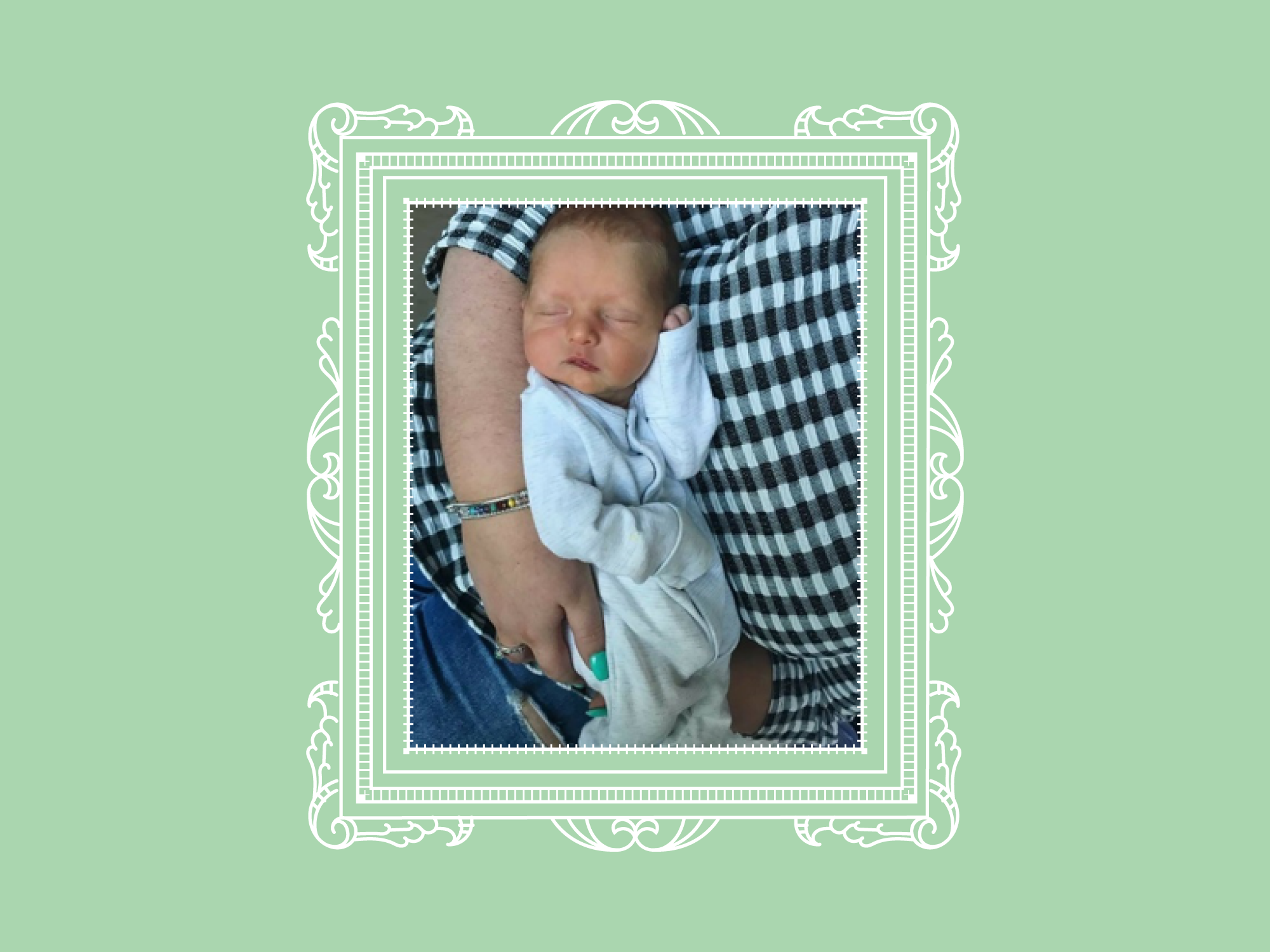The Power Of A Hug


Last weekend I went with my mum to visit a new baby in the family, Baby Adam. The house was packed with visitors. As well as Adam (eight days) there was Emma his mum and Barry his Dad. There was also the Gran and Grandad, the other Gran, another mum and dad who had Connor (18months) and Declan (11 weeks). Then myself and my mum and not forgetting Gina who is Emma’s guide dog. Every one of us was focused on the 3 boys the whole period of time which was about 3 and a half hours.
Anyone who had one of the boys was connected and engaged, was chatting, singing, laughing and giggling. I sat back and noticed, when one person had one of the boys, that person switched off to all the other conversation going on around them. Automatically we were focused completely on the child that we had and we paid absolutely no attention to anything else. My attention switched off completely when I had Adam. I gazed down and winked and blinked with him, we giggled and gazed some more. He opened his eyes, he closed his eyes. I smiled widely and made encouraging noises. I whispered contingently with him (have a look at the research on contingent talk from Dr Danielle Matthews a Reader in Cognitive Development at the University of Sheffield) to demonstrate I was all his, he was my sole concern. I had totally switched off to the rest of the conversations and exchanges in the room, I didn’t care about the family news or celebrity gossip all I wanted to do was gaze at this tiny wee person and wonder at the magic of him.
I became aware of what I was doing when someone said my name. “Alice, the baby whisperer!”. I hope I was demonstrating to Adam that he was loved, that he was special, that he deserved my time attention and smiles just because he was here. I then sat back and watched my mum with Declan he was doing exactly the same as Adam looking to my mum, the important adult at that moment. Mum was chatting to Declan and gently caressing his cheeks as she rocked gently as she held him. Mum wasn’t listening to Roselyn the granny, she wasn’t listening to Emma the mum, she wasn’t watching Barry and his oldest son Connor who were playing football, chatting and sharing some rough-and-tumble she was totally and utterly focused on Declan who was enveloped in a lap of love.
Going back to Adam and me, as I spoke to Adam and giggled with him I realised that I had gone into that whispered, singsong voice, absolutely automatically. Colwyn Trevarthen, Emeritus professor of Child Psychology and Psychobiology at University Edinburgh, considers that ‘melodic fluctuations of voicing are characteristics of motherese’.
 Is this focus, use of voice and connection always automatic with everyone? Adam wasn’t distracted by lots of other noise, loud voices, or nonsense and mischief going on, because the feeling within the room was of calmness, was of love was of celebration because of the new baby. But it’s not an exception. These three boys are surrounded by love, family and people who focus on their needs, what they want to do and what the adults know should be happening for them at these early important stages.
Is this focus, use of voice and connection always automatic with everyone? Adam wasn’t distracted by lots of other noise, loud voices, or nonsense and mischief going on, because the feeling within the room was of calmness, was of love was of celebration because of the new baby. But it’s not an exception. These three boys are surrounded by love, family and people who focus on their needs, what they want to do and what the adults know should be happening for them at these early important stages.
I wonder if we manage to create this environment in our baby spaces. As we shared this experience as a family not one of us had to write up a note, remember a plan, routine or process. Not once did we have to consider what was happening next with the boys it all happened naturally. If I had the Baby I responded, if someone else had the baby they responded. When one of them needed changed, fed offered attention whoever was nearest or in case of Adam being breast fed, that just happened. There was complete and utter trust within the room. Wouldn’t that be fabulous if that was the case in our baby rooms. The pressure to write up notes about anything that happens with the children or their interactions from the basic needs of feeding, changing, sleeping takes over the intimate reactions, responses and communications that we were sharing.
 I also noticed in the room we’ve got 4 marriages’, long term relationships and shared values and experiences to draw from, not very many challenges in the room! Obviously, every family has their ups and downs, have challenges and troubles. I suddenly realise how lucky I am to have this family. We share this amazing determination and passion about what family looks like, what being part of that family means. Even when we have stuff going on this is a focus, these boys are still surrounded by love.
I also noticed in the room we’ve got 4 marriages’, long term relationships and shared values and experiences to draw from, not very many challenges in the room! Obviously, every family has their ups and downs, have challenges and troubles. I suddenly realise how lucky I am to have this family. We share this amazing determination and passion about what family looks like, what being part of that family means. Even when we have stuff going on this is a focus, these boys are still surrounded by love.
In our settings many of our children are not getting this kind of experience in their home. They are now surrounded by this wealth of love so it then should be our priority. Suzanne Zeedyk, a research scientist, has fully documented the human need for connection. I don’t know that I’m seeing this so strongly in our early years settings because of accountability and pressure for the planning, the observations we have to carry out, the copious records that we keep on a daily basis. Should we be considering the professional trust in the rooms more, the unspoken or recorded connections we share. Surely, we need to question our practice for the benefit of our children. How should it look on a daily basis for these wee children that are cared for by us, stimulated by us, nurtured by us.
As a mum of two children, who are the most precious things in my world, who shared them with a childminder, their grandparents and an early year’s setting, the thought of putting them into an environment that doesn’t give them what I’m describing here is quite horrifying. All be it they are now 19 and 21 so if I put them into an early years setting at the moment they would be the ones that would be horrified.
Every child deserves an intimate loving nurturing relationship every single day and not to be cared for by adults whose mind is on other things, whose conversations are about other things and not about the child, the child, the child.
Mother Theresa once said “there is more hunger in the world for love and affirmation than there is for food.” What a wise woman she was!